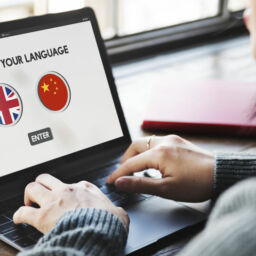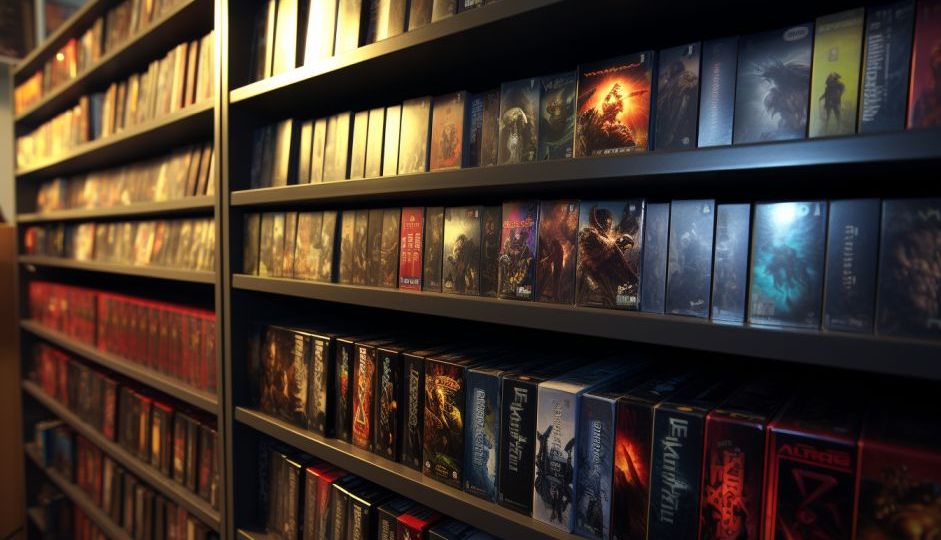
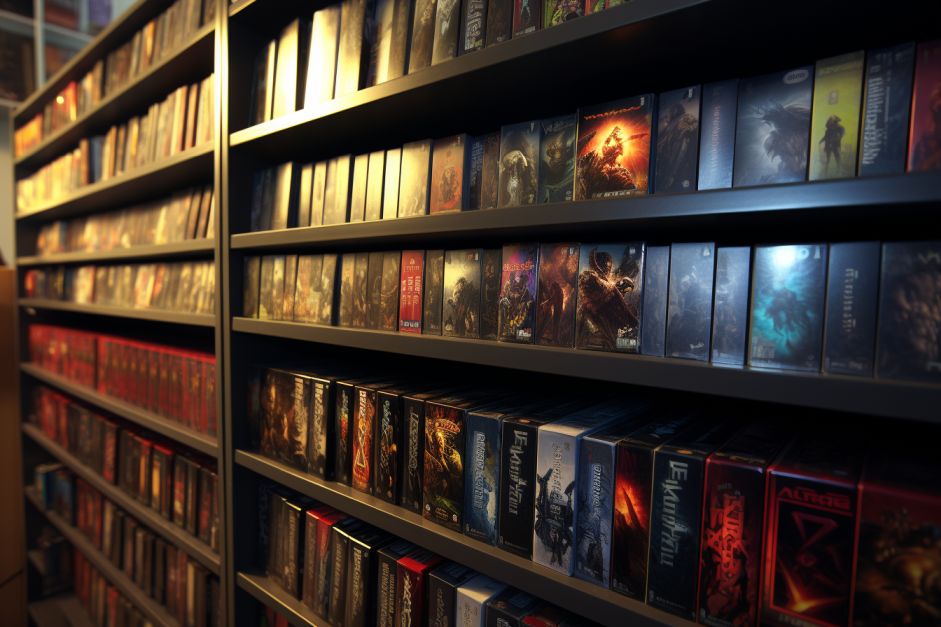
The global gaming market has seen remarkable growth recently, expanding its reach across diverse cultures and languages. The number of gamers worldwide and the diversification of the gaming audience continue to increase.
Game localisation adapts video games for users from different regions. It involves tailoring them to fit the linguistic and technical standards of local markets. Specialists customise various game elements—such as graphics, audio, and user interface—to ensure the localised game resonates with players from diverse cultural backgrounds.
Why is localisation more effective than translation?
The key difference between game translation and full localisation lies in the scope of adaptation. Translation primarily focuses on converting text from one language to another, while localisation is a more comprehensive approach. It adapts cultural references, humour, idioms, and game mechanics to align with the expectations of the target audience. The game should feel as though it were created for that specific market.
Full localisation includes:
- translation of all textual content, including dialogue, instructions, marketing materials, and interface elements;
- adjusting content to respect local customs and norms to avoid cultural insensitivities;
- adapting the game to technical standards, such as different hardware specifications, internet connectivity, and censorship laws;
- localising humour, which often does not translate directly, to maintain the original tone;
- recording new voice-overs in the local language.

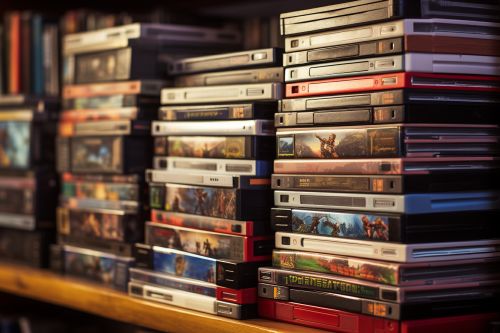
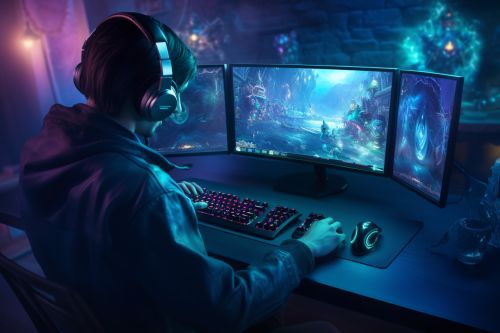
Video game localisation to expand the reach
By adapting games for specific regions, developers, and publishers significantly expand their audience base. Localisation makes titles accessible to players from different cultural backgrounds, breaking down language barriers and cultural misunderstandings. It is about creating a connection with them through a personalised gaming experience.
Several games have achieved remarkable success thanks to an effort of specialised teams. The Witcher series, developed in Poland, gained immense popularity worldwide, particularly in North America and Asia, due to its thoughtful localisation. Another notable example is Pokémon from Japan. Renaming characters and careful cultural adaptation made it a beloved franchise across different continents.
The impact of localisation on market reach is evident in various industry statistics. A survey by Common Sense Advisory found that 72% of consumers spend most or all of their time on websites in their own language, indicating a strong preference for localised content. By investing in a thorough process, game developers unlock new markets, build a more diverse player base, and, as a consequence, drive higher sales.
Localised games for enhanced player experience
Localisation crafts an immersive gaming experience for a global audience. It creates a world that feels familiar to players from different regions by enhancing the believability of the game. When players interact in their native language, it fosters a deeper emotional connection with a product.
Cultural adaptation can be seen in games like Final Fantasy, which has been localised into multiple languages. Each version adjusted character behaviours and dialogues to resonate with a particular audience.
Feedback gathered from gaming forums and reviews frequently highlights the appreciation of developers who invest in high-quality localisation. Players tend to feel more valued. This leads to positive reviews, higher recommendations, and increased loyalty to the game series. It also makes the game accessible to people who do not speak a foreign language, especially in non-English-speaking countries.
Marketing campaigns in the global gaming industry
Localisation allows companies to expand their reach beyond the domestic market and tap into new audiences. By tailoring your messaging to specific regions, you create a more personalised and relatable experience for potential customers. This leads to increased brand loyalty and trust, as well as higher conversion rates. Localisation helps to establish your company as a global game developer.
Localisation serves as a powerful marketing tool, showcasing a brand’s commitment to inclusivity. It demonstrates the dedication to meeting the needs of a global audience. This commitment fosters a sense of respect among players, who appreciate that a company has invested time and resources to adapt a video game. Therefore, they are more likely to develop a strong connection with the brand.

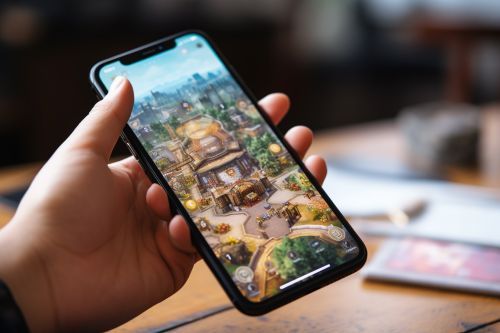

What are the main challenges of localising a video game?
Cultural nuances are a major challenge in video game localisation. Creating respectful content requires a profound understanding of the region. Idiomatic expressions and humour are difficult to translate, as they often have no direct equivalent in other languages. There is also a technical challenge of voiceover synchronisation. Localised audio must match the character’s lip movements and expressions.
Only native speakers can overcome these challenges, which is why they are a key part of each localisation team. They provide valuable insight into local norms and preferences. It is beneficial to involve localisation experts early in the game development process, allowing for a more integrated adaptation.
While localisation can be expensive, especially for smaller developers, the potential for increased sales and market expansion justifies the investment. Conducting market research to identify the most profitable languages and regions will prioritise the efforts.
How to achieve success with game localisation?
To achieve success in game localisation, a comprehensive approach is essential. Start by conducting thorough market research to understand the cultural, linguistic, and regulatory nuances of your target regions. This knowledge will help you to adapt the content properly, avoiding potential cultural insensitivities. Leverage advanced translation software and professional localisation services to ensure accuracy.
Seek and incorporate player feedback that will highlight areas that require refinement. Keep a close eye on localisation-specific KPIs (key performance indicators). Monitoring these metrics helps in understanding the effectiveness of your efforts. Having correct data will help you make necessary strategy adjustments. By staying responsive to market dynamics, you will increase the chances of your game resonating well with players across different regions.
The risk of skipping localisation process
Localising a game prevents embarrassment and potential backlash that may arise from cultural insensitivities. Games released in the global market without proper localisation run the risk of including offensive content for certain cultures. What is considered humorous in one region might be considered disrespectful in another.
This kind of oversight leads to negative publicity, harming the game’s reputation. The brand’s image also suffers. Moreover, localisation helps to avoid linguistic embarrassments, such as poor translations.
Literal translations fail to convey the original tone, humour, or context, producing nonsensical content. As seen in various instances, awkward translations sometimes become internet memes. Proper localisation addresses these issues by adapting the game content to flow naturally in the target language. It preserves the original intent and ensures the game stays engaging.



How Skrivanek can help your sales?
Skrivanek, a translation agency specialising in localisation, will bridge the gap between your product and its potential global market. Expert translation and cultural adaptation ensure that your product resonates with diverse audiences in various regions.
By leveraging the expertise of a translation agency in localisation, you significantly boost your product’s global appeal. Ultimately, it will drive higher sales in international markets.
Images generated by AI.








